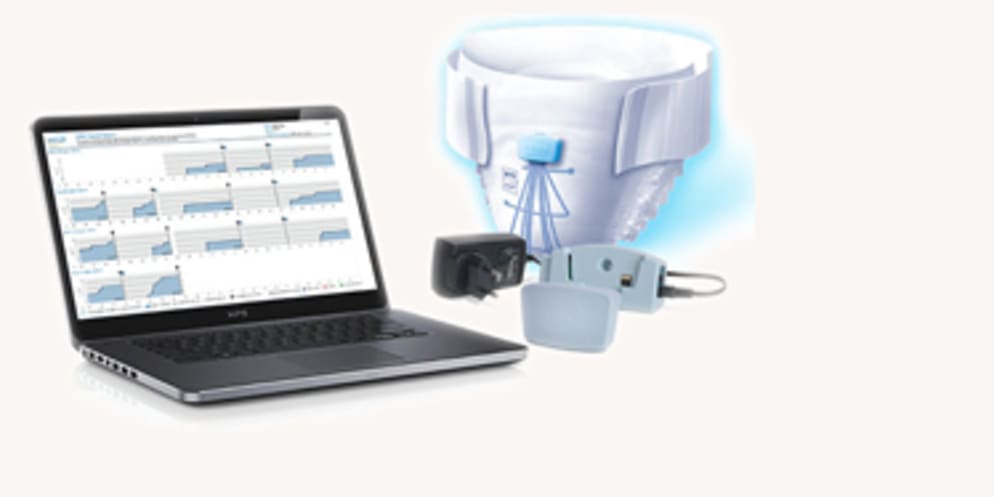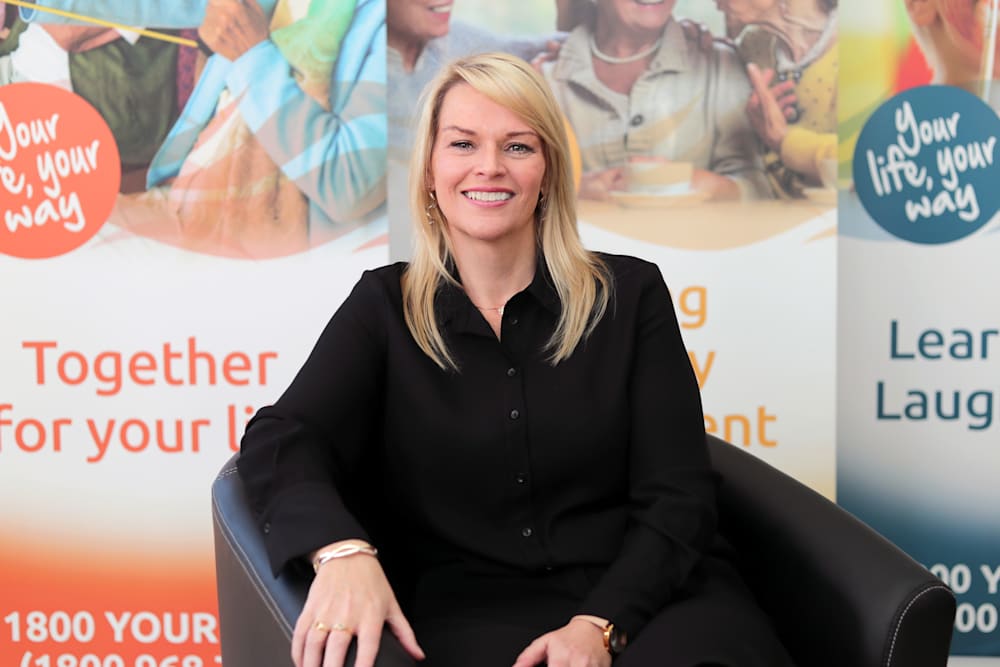Western Australian Not For Profit home care provider Community Vision is piloting new sensor wear technology aimed at improving incontinence management for those living in the community.
In partnership with TENA (a product of Essity Australasia) and the National Ageing Research Institute (NARI), Community Vision will pilot TENA SmartCare technology with its home care clients with the aim of reducing carer time spent on incontinence management, allowing more time to be spent on building relationships and other activities.
The technology may also help to decrease wastage of incontinence products, reduce the stigma and isolation associated with incontinence, and improve health overall.
The pilot will trial two technologies:
- TENA Identifi, a continence pad with embedded sensors that detects volume and time. Data from the sensors is downloaded to a secure portal allowing patterns to be identified and monitored.
- TENA Change Indicator, which detects when a pad is full and requires changing. This technology is designed for less mobile consumers with higher levels of incontinence. The indicator is monitored using a smart device, and alerts the carer to when the product is full and requires changing.
“These products will do wonders for people’s well-being and can even lead to better mental health outcomes, reducing the embarrassment and stigma associated with incontinence," said Community Vision CEO, Yvonne Timson (above, right).
Difficulty managing incontinence is often cited as a reason for older people moving into residential aged care. Better management of incontinence in the community could help older Australians remain living at home for longer, which we know is what most Australians would prefer. It is estimated that incontinence affects 25% of Australian adults.











